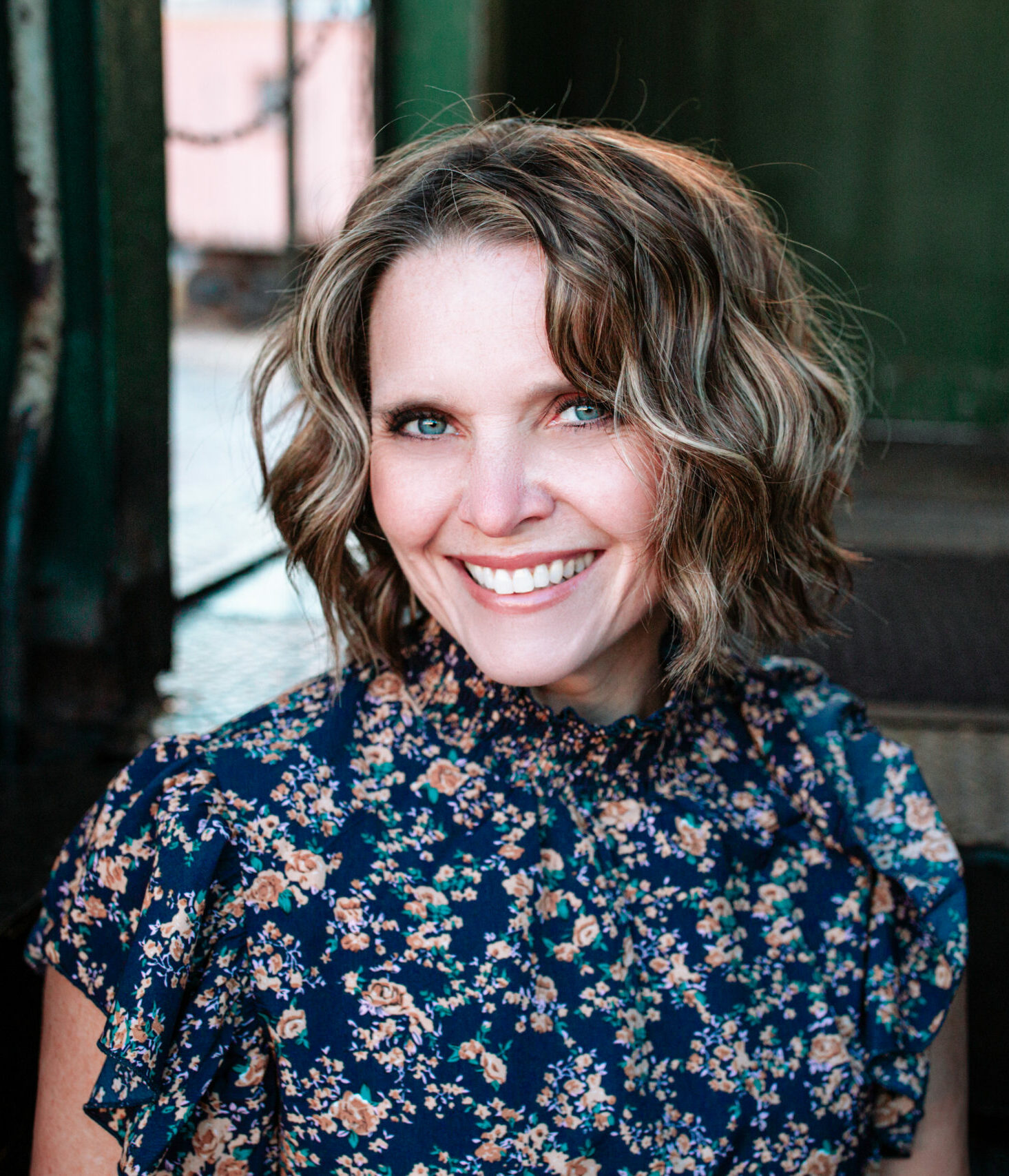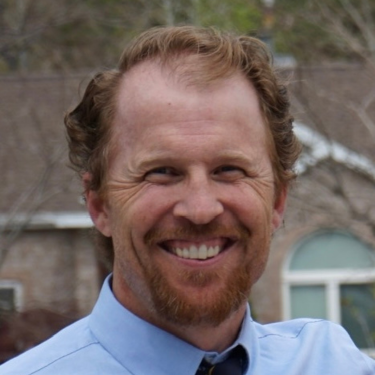
A Couple's Guide to Faith Crisis & Expansion
Are you or your partner feeling a big shift when it comes to religious belief? Are you struggling to know how to talk about it? You are not alone!
Valerie offers this amazing 3-class intensive which dives deep into the complications a couple faces when one partner is going through a shift in their faith experience. This course focuses on how to establish safety with one another when speaking about your deeply held feelings and concerns, how to speak and listen to one another’s experiences more openly and fearlessly, and how come out the better for it.
Class 01: Weds April 3 8:30p.m. CST
Class 02: Weds May 8 8:30 p.m. CST
Class 03: Weds June 5 8:30 p.m. CST
ALL SESSIONS are recorded and will be available in the Class Library post live session
SUPPORT GROUPS
Join A Support Group
Do you feel pretty alone in your faith expansion journey and have you found the Latter Day Struggles Podcast to be a lifeline? Join one of Valerie’s support groups! In these groups you will meet others on this journey and benefit from 4 hours a month of Valerie’s guidance, instruction, coaching, and friendship.
ONLINE COURSES — NOW AVAILABLE!
Learn from Valerie
INDIVIDUAL SUPPORT
1:1 Consultations
Are you in need of some 1:1 time with Valerie to talk about some specifics of your faith expansion journey? Valerie offers time-limited individual or couples consultations to help you feel peace, clarity, and some confidence in your unique struggles. Sign up now!
INTERESTED IN LONGER-TERM THERAPY/COACHING?
Meet our faith expansion therapy team!
Do you desire personal long-term therapy/coaching on issues including but not limited to faith expansion?
We have a team of professional colleagues who can help you find healing.
Hi, I’m Valerie!
I'm a therapist, educator, podcaster, learner, lover of truth, healing, laugher, movement, and people!
Hi there! You likely came here because you are interested in addressing ideas within the LDS faith tradition that many people struggle with but are too afraid to talk about. I address challenging and important topics that affect members of the LDS faith. I firmly but respectfully question anything that seems to cause shame, suffering, and struggle for individuals, couples and families. My faith expansion support groups are a place for openness, dialogue, and for those interested in developing spiritual and psychological agency.
Testimonials
Valerie's Book Shelf:
Now this is a “shelf” we can support loading up! Are you curious about all those books Valerie is always talking about? Here is a conclusive list of the books that she has read and/or listened to in the past many years. Please scroll and order feel free to order on Amazon via this website!














